Change Language :
iglidur® H4 - Material data
Material table
General specification
Unit
iglidur® H4
Test method
density
g/cm³
1,79
Colour
brown
max. Moisture absorption at 23°C/50% room humidity.
% by weight
0,1
DIN 53495
max. total moisture absorption
wt.-%
0,2
Sliding friction coefficient, dynamic, against steel
μ
0,08-0,25
pv value, max. (dry)
MPa x m/s
0,7
Mechanical specification
flexural modulus
MPa
7.500
DIN 53457
flexural strength at 20°C
MPa
120
DIN 53452
Compressive strength at 20°C
MPa
50
maximum recommended surface pressure (20°C)
MPa
65
Shore D hardness
80
DIN 53505
Physical and thermal specification
Upper long-term application temperature
°C
+200
Upper short-term application temperature
°C
+240
Lower application temperature
°C
-40
thermal conductivity
W/m x K
0,24
ASTM C 177
coefficient of thermal expansion (at 23°C)
K-1 x 10-5
5
DIN 53752
Electrical specification
Volume resistivity
Ωcm
> 1013
DIN IEC 93
surface resistance
Ω
> 1012
DIN 53482
- Without additional load; no sliding movement; relaxation not excluded
Table 01: Material data
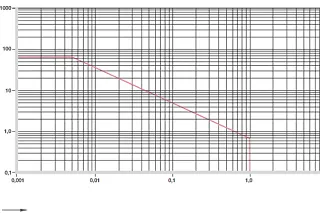
diagram. 01: Permissible pv value for iglidur® H4 plain bearings with 1 mm wall thickness in dry operation against a steel shaft, at +20 °C, installed in a steel housing
X = surface speed [m/s]
Y = load [MPa]
iglidur® H4 bearings stand for high load capacity, good abrasion resistance and good temperature resistance when economic aspects are also a priority. Temperatures up to +200 °C, permissible surface pressure up to 65 MPa and very good chemical resistance are just some of the key attributes. Solid lubricants lower the coefficient of friction and support the wear resistance, which has been significantly improved compared to the likewise very cost-effective iglidur® H2 bearings. iglidur® H4 bearings are self-lubricating and suitable for all movements.
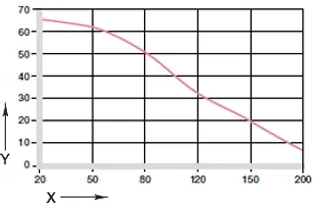
Diagram 02: Maximum recommended surface pressure as a function of temperature (65MPa at +20°C)
X = temperature [°C]
Y = load [MPa]
Mechanical specification
The maximum recommended surface pressure is a mechanical material parameter. Conclusions on the tribology cannot be drawn from this. The compressive strength of iglidur® H4 bearings decreases with increasing temperatures. diagram.02 illustrates this correlation. At the long-term permissible application temperature of +200 °C, the permissible surface pressure is still 7 MPa.
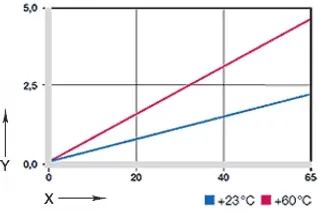
Diagram 03: Deformation under pressure and temperature
X = load [MPa]
Y = Deformation [%]
diagram. 03 shows the elastic deformation of iglidur® H4 under radial load.
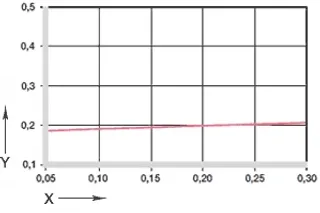
Diagram 04: Coefficient of friction as a function of the surface speed, p = 0.75MPa
X = surface speed [m/s]
Y = coefficient of friction μ
Friction and wear
The coefficient of friction of iglidur® H4 plain bearings is very low (diagrams 04 and 05). However, it must be noted that a rough sliding partner increases the friction.
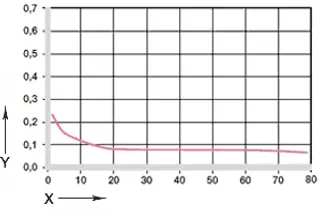
Diagram 05: Coefficient of friction as a function of the pressure, v = 0.01m/s
X = load [MPa]
Y = coefficient of friction μ
iglidur® H4
dry
Grease
oil
water
coefficient of friction µ
0,08 - 0,25
0,09
0,04
0,04
Table 04: coefficient of friction for iglidur® H4 against steel (Ra = 1 μm, 50 HRC)
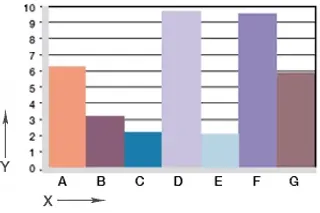
diagram. 06: Wear, rotating application with different shaft materials, p = 1 MPa, v = 0.3 m/s
X = Shaft material
Y = wear [μm/km]
A = aluminium, hard anodised
B = free cutting steel
C = Cf53
D = Cf53, hard chrome-plated
E = HR carbon steel
F = 304 SS
G = high grade steel
Shaft materials
iglidur® H4 is the economical alternative to many other high-temperature bearings precisely because of the large number of shaft materials that can be used. However, it is important to select the suitable shaft material. It cannot generally be said that iglidur® H4 is better suited for hard or soft shafts. Tests have shown that swivelling movements lead to better wear data; in rotating operation, wear increases significantly from 10 MPa.
Consulting
I look forward to answering your questions

Shipping and consultation
In person
Monday to Friday: 8 am – 8 pm
Saturday: 8 am – 12 pm
Chat-Service
Monday to Thursday: 8 am – 6 pm
Friday: 8 am – 5 pm
(not available from December 24 to January 4)
WhatsApp-Service
Monday to Thursday: 8 am – 4 pm
(not available from December 24 to January 4)

